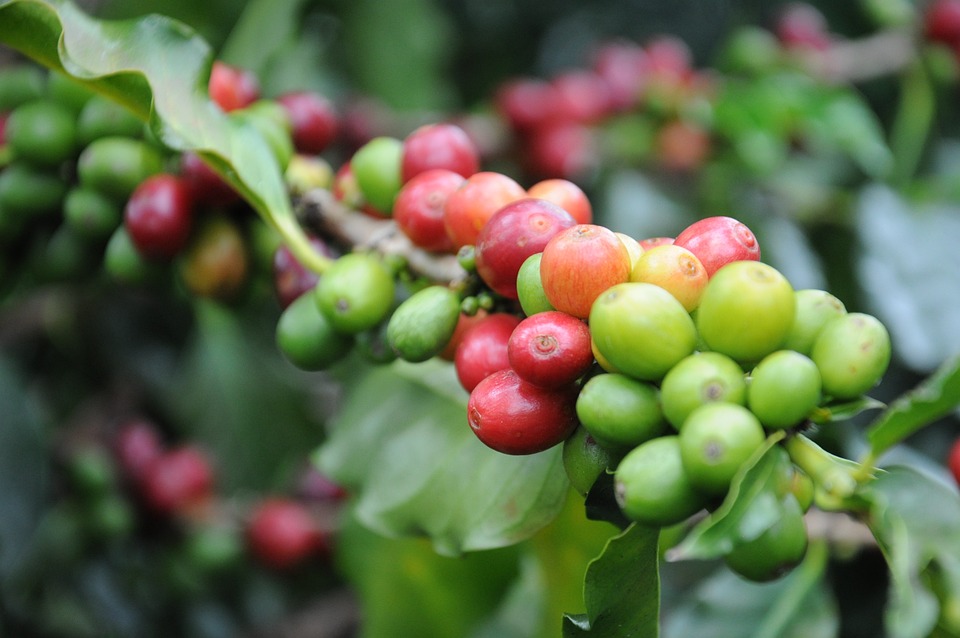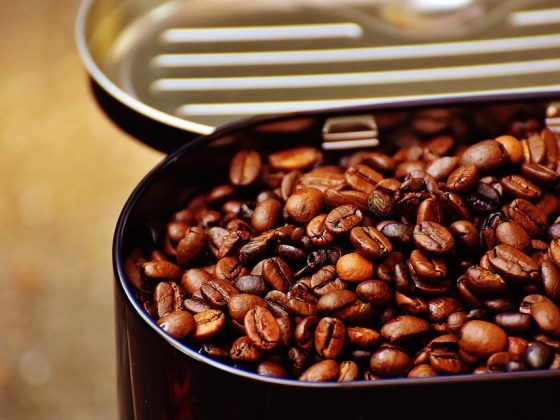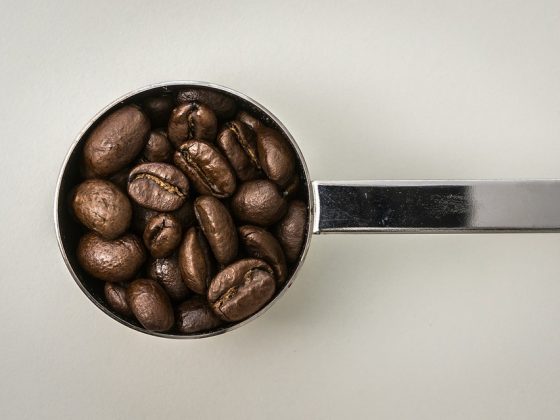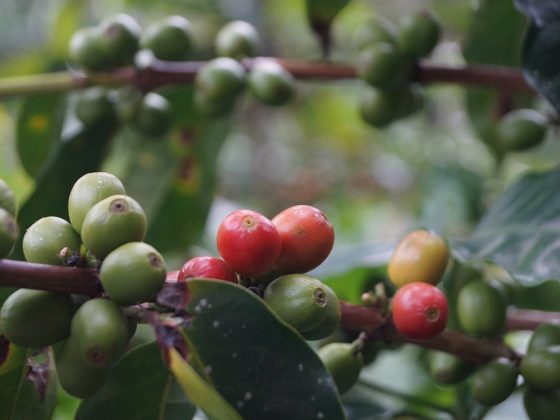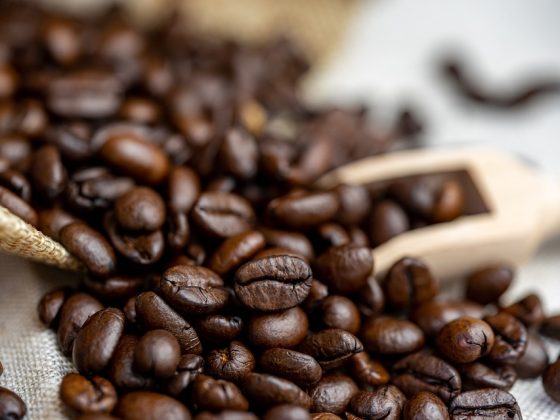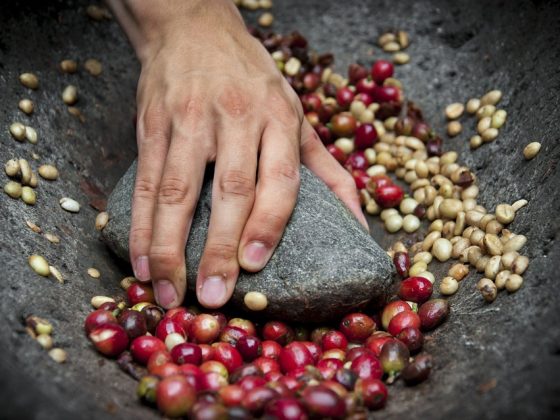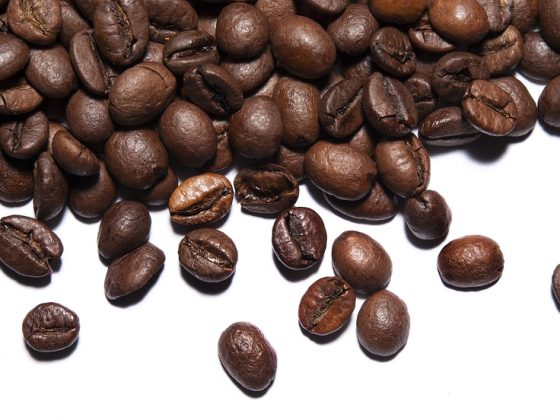end.
Coffee is one of the most popular beverages in the world, enjoyed by millions of people every day. But what many coffee lovers may not realize is that the quality of their coffee beans is heavily influenced by where they come from. From the farm to the cup, the origin of coffee beans plays a crucial role in determining their taste, aroma, and overall quality.
The factors that contribute to the quality of coffee beans include the altitude at which they are grown, the climate in which they are cultivated, the soil in which they are planted, and the processing methods used to harvest and roast them. All of these elements can vary greatly depending on the region in which the coffee beans are grown, which is why coffee connoisseurs often place a lot of importance on the origin of their beans.
One of the key factors that influences the quality of coffee beans is the altitude at which they are grown. Coffee plants thrive in high altitudes, where they are exposed to cool temperatures and plenty of sunlight. This allows the beans to ripen slowly, developing a rich and complex flavor profile. Beans grown at higher altitudes also tend to be denser and harder, which contributes to a better cup of coffee. Some of the most highly sought-after coffee beans in the world come from high-altitude regions such as Ethiopia, Colombia, and Guatemala.
Another important factor that affects the quality of coffee beans is the climate in which they are cultivated. Coffee plants require a stable climate with regular rainfall and mild temperatures to thrive. Too much rain can cause the beans to mold, while too little rain can result in a poor harvest. The best coffee beans are grown in regions with a consistent climate, such as the highlands of Kenya, where the cool temperatures and abundant rainfall create the ideal conditions for coffee cultivation.
The soil in which coffee beans are planted also plays a significant role in determining their quality. Different soils can impart different flavors and characteristics to the beans, depending on their mineral content and pH levels. For example, volcanic soils are rich in minerals and nutrients, which can produce coffee beans with a deep and complex flavor profile. The best coffee beans are often grown in nutrient-rich soils that are well-drained and have a slightly acidic pH.
In addition to the growing conditions, the processing methods used to harvest and roast coffee beans can also have a major impact on their quality. The best coffee beans are typically hand-picked to ensure that only ripe cherries are selected, resulting in a more consistent and high-quality product. The beans are then processed using either the dry or wet method, which involves removing the cherry pulp and drying the beans either in the sun or in a controlled environment.
Once the beans have been harvested and processed, they are carefully roasted to bring out their unique flavors and aromas. The roasting process can greatly influence the final taste of the coffee, with lighter roasts preserving the natural characteristics of the beans and darker roasts developing stronger and more intense flavors. The best coffee roasters take great care in selecting the right roast profile for each type of bean, ensuring that the final product is of the highest quality.
Overall, the origin of coffee beans is a critical factor in determining their quality and taste. From the altitude and climate in which they are grown, to the soil in which they are planted and the processing methods used to harvest and roast them, every step of the coffee bean's journey from farm to cup contributes to its unique flavor profile. Coffee lovers who are passionate about quality and are looking to explore new and exciting flavors should pay close attention to the origin of their beans.
FAQs
Q: Does the origin of coffee beans really make a difference in taste?
A: Yes, the origin of coffee beans plays a significant role in determining their taste, aroma, and overall quality. Factors such as altitude, climate, soil, and processing methods all influence the flavor profile of the beans.
Q: What are some of the best coffee-growing regions in the world?
A: Some of the most highly sought-after coffee-growing regions include Ethiopia, Colombia, Guatemala, Kenya, and Brazil. These regions are known for producing high-quality coffee beans with unique and distinctive flavors.
Q: How can I tell if a coffee bean is of high quality?
A: High-quality coffee beans are typically grown at high altitudes, hand-picked, and carefully processed and roasted to bring out their best flavors. Look for beans that are labeled as single-origin or specialty grade for the best quality.

